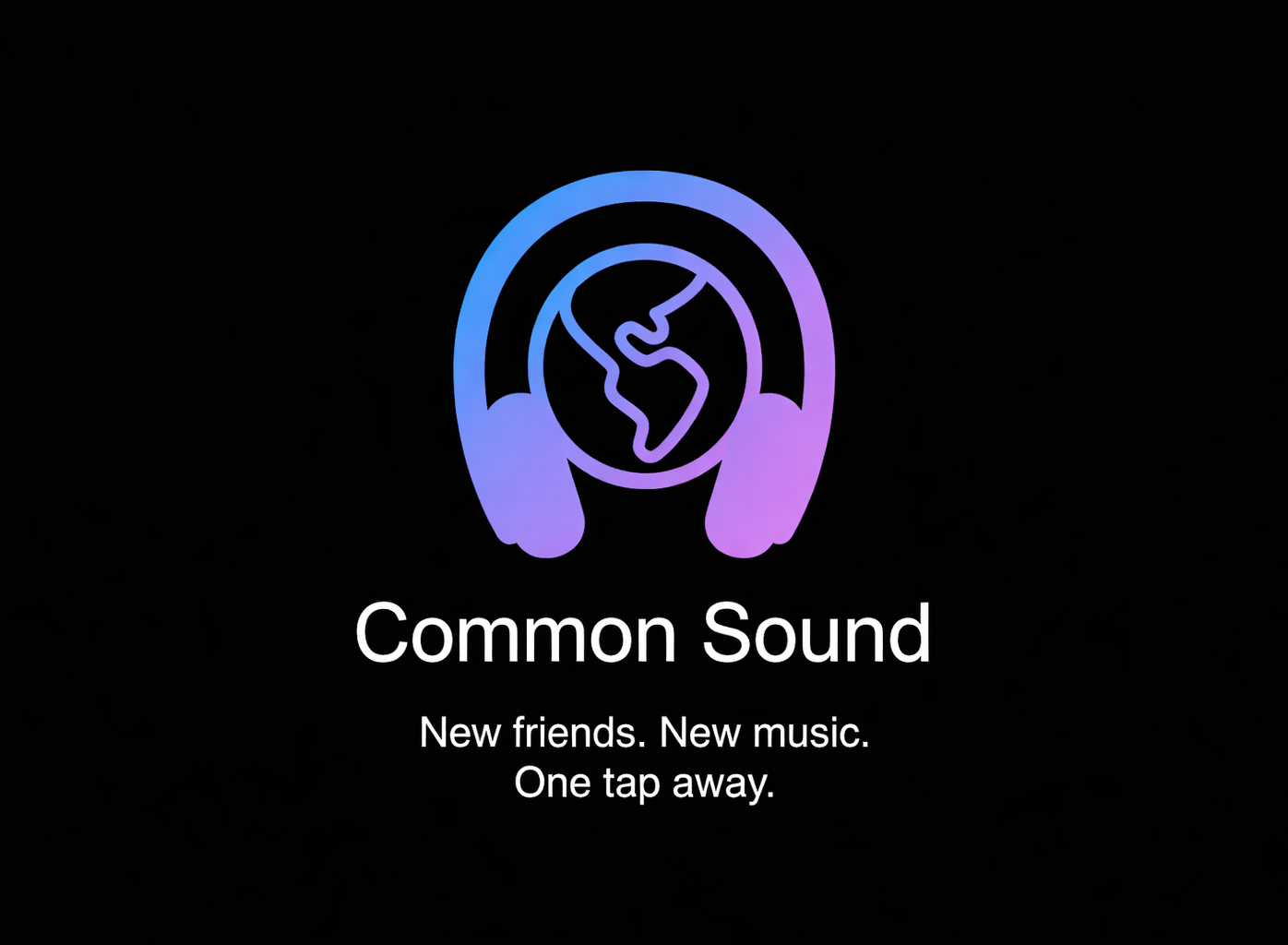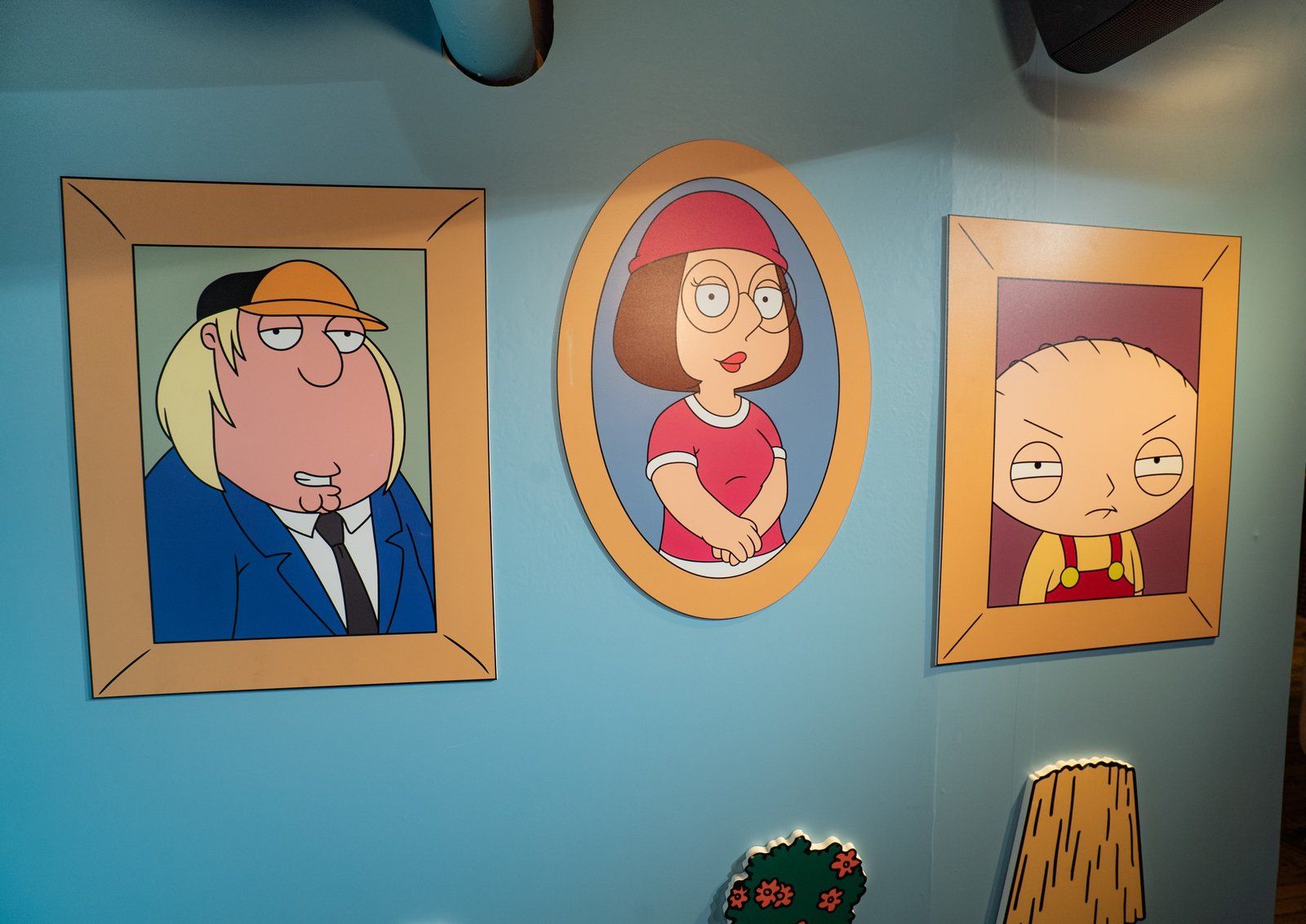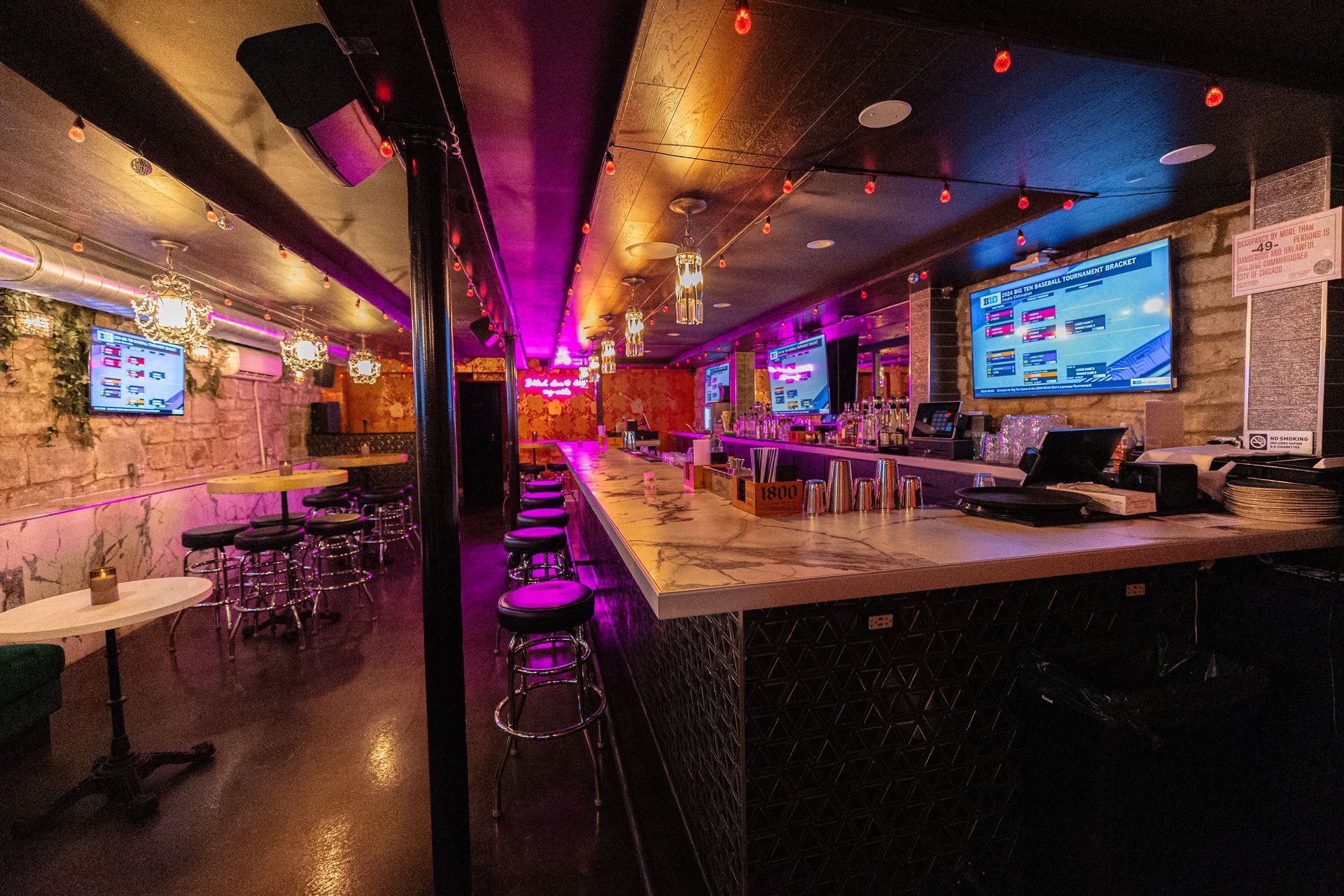Article
Celebrating Black History Month: Chicago’s Legacy of Black Excellence
January 29, 2025
Chicago is more than just the Windy City—it’s a city built on resilience, culture, and community. As we enter Black History Month, Chicago stands as a beacon of Black excellence, innovation, and activism. From Bronzeville to the legacy of Martin Luther King Jr., the city’s history is rich with stories of Black leaders and communities shaping the fabric of not just Chicago but the nation.
The Roots of Black History Month
Carter G. Woodson, the “Father of Black History,” established Negro History Week in 1926, which later evolved into Black History Month. While its roots are national, the movement resonated strongly in Chicago, home to countless African American luminaries. Chicago’s Black Belt, later known as Bronzeville, became a cultural epicenter during the Great Migration, when thousands of African Americans moved north seeking freedom and opportunity.
Bronzeville: The Heartbeat of Black Culture
Known as the “Black Metropolis,” Bronzeville tells the story of a community that refused to be silenced. This neighborhood became the cultural and economic heart of Chicago’s Black population in the early 20th century. It was home to legendary artists like Gwendolyn Brooks, the first African American Pulitzer Prize winner, and jazz great Louis Armstrong.
Today, Bronzeville continues to honor its heritage with landmarks like the DuSable Museum of African American History, one of the nation’s first institutions dedicated to Black history and culture. The area is also filled with vibrant murals, music festivals, and a growing community determined to preserve its legacy.
Chicago’s Activism: A Catalyst for Change
Chicago’s relationship with the civil rights movement is undeniable. Dr. Martin Luther King Jr. led a historic open housing march in Marquette Park in 1966, which highlighted the city’s systemic housing discrimination. That struggle led to changes in housing policies, forever altering the urban landscape.
Organizations like the Chicago Urban League and Operation PUSH, founded by Rev. Jesse Jackson, have consistently championed racial equality and social justice. Even today, grassroots organizations across the city continue to fight for equity in education, housing, and public safety.
Modern-Day Celebrations and Reflection
Black History Month in Chicago is more than an acknowledgment of the past; it’s a celebration of the present and a call to action for the future. Events like the Black Creativity exhibition at the Museum of Science and Industry showcase the achievements of Black innovators. Festivals, panel discussions, and performances highlight Black entrepreneurs, artists, and leaders shaping the future.
A Legacy Worth Honoring
As we honor Black History Month in 2025, Chicagoans are reminded of the city’s indelible contributions to the fight for equality and cultural expression. From the inspiring stories of the Great Migration to the vibrant communities that thrive today, Chicago is a city where Black history is not just remembered—it’s lived every day.
share this
Related Articles
Related Articles

Music discovery has officially gone social. Common Sound, a fast-growing music community app, is changing how fans connect with artists, concerts, and each other by turning shared playlists into real-world experiences. Instead of scrolling alone, Common Sound helps users find people who love the same music, discover live shows, and spark conversations around the sounds they care about most.

What is it? The Family Guy Drunken Clam Experience is a limited-time, 21+ immersive bar pop-up taking over Everything Bar in Chicago from January 22 through April 19, 2026 . Inspired by the iconic bar from Family Guy, the experience transforms the venue with themed décor, recognizable set pieces from the show, and specialty cocktails. Guests receive a 90-minute entry window, with tickets including a themed drink, and select Friday and Saturday nights featuring late-night DJ sessions with Y2K and ’90s throwback music.
